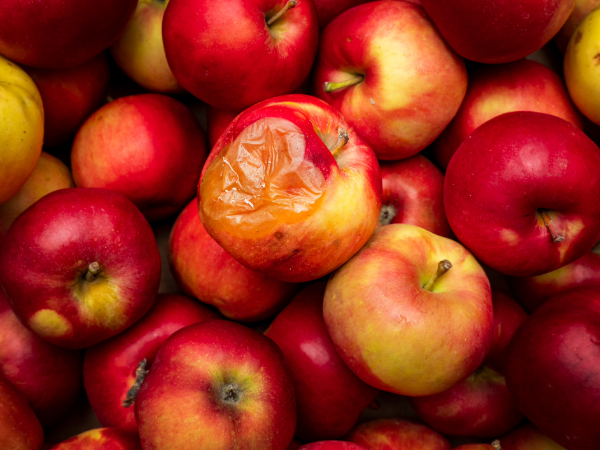
One bad apple can indeed ruin a whole barrel. It’s also true that one contaminant at the curb can spoil an entire load of recyclables.
In a new report, Best Practices for Reducing Curbside Recycling Contamination and Code Enforcement, the Solid Waste Association of North America’s (SWANA) Applied Research Foundation addresses curbside contamination and offers recommendations for solutions.
“The ongoing problem of contamination creates costs and undermines the effectiveness of curbside recycling programs,” said SWANA CEO Amy Lestition Burke. “Contamination can present a major safety concern when materials such as lithium-ion batteries, full aerosol cans, and sharp items are placed in the recycling, making it imperative that we prompt recyclers to use their recycling bins only for accepted recyclable materials.”
The report offers best practices, enforcement options, and case studies, which include these recommendations and findings:
- Curbside Cart Tagging and Non-Servicing
- Issuing Fines
- Solid Waste Code Enforcement
- Potential Cost Savings
The full report is available free of charge to SWANA members or can be purchased by non-members.
